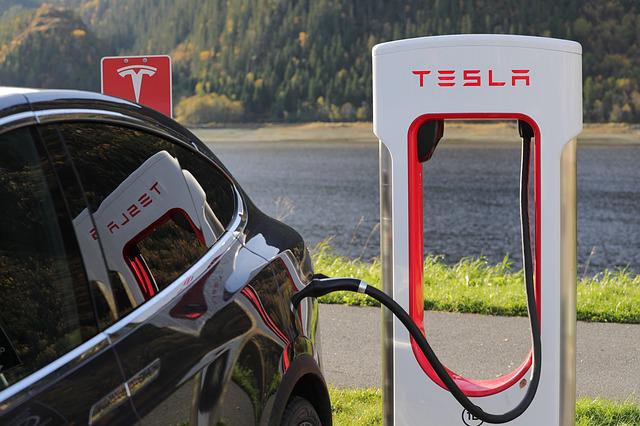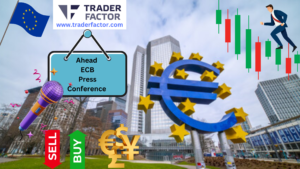No more sales of gasoline or diesel-powered vehicles in the European Union come the year 2035!
The biggest dilemma facing automobiles is the capacity to have adequate batteries ready for the transition.
It will require huge investments to be committed by each automobile to meet the demand that will arise within the short time set.
After negotiations, the member states have unanimously agreed to ban the sale of vehicles operating with the current internal combustion system that utilizes petrol and diesel.
The move is part of the bigger campaign towards the use of green energy in the EU, and the automobile industry will be the pace setter.
Good for mother nature, the policy will only succeed if the countries will have invested and produced sufficient and quality batteries to meet the expected high demand.
Volkswagen’s chief financial officer, Varno Antlitz, said,
“It’s a challenging goal. We think it’s doable. The most challenging topic is not ramping up the car plants. The most challenging topic will be ramping up the battery supply chain.”
He was reacting to the policy during the Automotive Europe conference.
Volkswagen had earlier pronounced its plan to end the production of vehicles with gas combustion engines.
Coincidentally the company had targeted the same dates to realize this objective.
While some automobile companies find the new policy easily achievable, others may struggle to comply with the policy.
For instance, Toyota, which produces cars that feature hybrid technology with “self-charging” batteries, will have to do away with the longtime technology.
The company didn’t comment on the EU policy at the Automotive Europe conference.
Stellantis CEO, Tavares, on the other hand wasn’t surprised by the move but warned that the bloc nations should expect a massive shortage of EV batteries as early as 2024-2025 before companies build on their capacities to attain optimum productivity.
In a rejoinder, Mr. Carlos Tavares told the conference, ``the EU decision is not a surprise for us… so for us it is not good news, neither bad news, it is exactly the assumption we have in our plan.”
Making the announcement in France, Tavares revealed that the company will accelerate the production of electric vehicles at the largest diesel engine producing factory in the world.
The agreement was struck last week after negotiations by the EU leaders in Luxembourg that lasted for nearly the whole day.
Nations like Slovakia and Italy, among others, were of the opinion that due to capacity challenges, the policy would be implemented from 2040.
However, they all reached a compromise and the 2035 target year was agreed upon.
It was also agreed to have the discussion on whether hybrid vehicles will be affected by the new policy on no carbon dioxide emissions in Brussels 2026.
Before then, there seems to be a new fight from oil producing companies which will want to keep their businesses afloat.
Their desire may be supported by the fact that at the moment the price of lithium, cobalt, nickel, and manganese is so high such that electric cars will become unaffordable.
In addition, the new battery technology is yet to be fully tested on all types of cars to establish reliability and efficiency.
Should Investors Care?
Without a doubt, the motor vehicle industry is going electrical. In fact, most automakers are selling EV Stocks including the industry giant, Tesla((NASDAQ:TSLA), Ford(NYSE:F), Volkswagen(OTC:VWAGY), General Motors(NYSE:GM) and Daimler(OTC:DMLR.Y).
GM plans to increase its EV sales to 400,000 by 2023 Ford by 50% in 10 years and Volkswagen by 70% in Europe alone by 2030.
Investing in EV stocks is a sure way to benefit from this transition.
Also, investing in companies that supply EV vehicles with batteries is also another way to stay optimistic.
Disclaimer:
All information has been prepared by TraderFactor or partners. The information does not contain a record of TraderFactor or partner’s prices or an offer of or solicitation for a transaction in any financial instrument. No representation or warranty is given as to the accuracy or completeness of this information. Any material provided does not have regard to the specific investment objective and financial situation of any person who may read it. Past performance is not a reliable indicator of future performance.
Author
-

Phyllis Wangui is a Financial Analyst and News Editor with qualifications in accounting and economics. She has over 20 years of banking and accounting experience, during which she has gained extensive knowledge of the forex, stock news, stock market, forex analysis, cryptos and foreign exchange industries. Phyllis is an avid commentator on these topics and loves to share her insights with others through financial publications and social media platforms.
View all posts



















